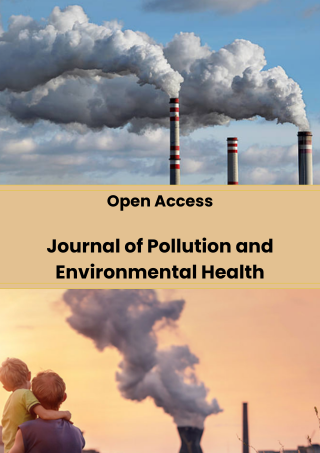Climate-Pollution Interactions
Climate-Pollution Interactions explore the complex relationship between environmental pollution and climate change, highlighting how each influences the other. Pollutants such as greenhouse gases (CO₂, CH₄, N₂O) contribute directly to global warming by trapping heat in the atmosphere. At the same time, air pollutants like black carbon, ground-level ozone, and aerosols affect atmospheric temperatures, cloud formation, and weather patterns. Climate change, in turn, can worsen pollution levels by increasing the frequency of wildfires, altering chemical reaction rates in the atmosphere, and intensifying heatwaves that amplify smog formation. These interactions pose significant risks to public health, ecosystems, and climate stability. Understanding and addressing climate-pollution linkages is essential for developing integrated environmental policies, reducing emissions, and achieving long-term sustainability and global climate goals.
Indexed In
DOAJ
CrossRef
PubMed
MEDLINE
ResearchBib
OAJI
Sindexs
Index Copernicus
EBSCO A-Z / Host
OCLC - WorldCat
Journal Flyer


